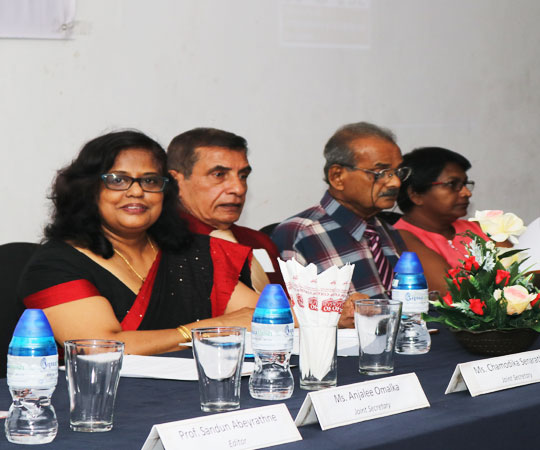
OBJECTIVES OF THE IFSTSL
- To create an apex body representative of professionals involved with the processed food industry of Sri Lanka.
- To uplift the level of professionalism within the food processing sector in the country.
- To benchmark and promote best practices beneficial to the national processed food industry.
- To interact at an advisory level with state bodies engaging the Government and consumer representation in all national policies and regulatory matters.
- To serve as a forum for professionals to exchange ideas, conduct research and promote innovation.
- To conduct educational programs, training programs, award certificates and engage in any knowledge infusing activities which benefit the food sector.
- To develop, nurture and promote the national image and the competitiveness of the food processing sector.
- To pursue co—ordination and interaction with Non-Governmental Organizations, international Funding Agencies and fellow professional bodies in furtherance of these objectives.
- To undertake all matters incidental or conducive to the attainment of these objectives.